How to Mitigate the Risk of Fraud with an ePayables Solution
September 19, 2022
ARTICLE - If it feels like your business is under siege by fraudsters, you are not alone.
The percentage of businesses that experienced attempted or actual payments fraud was nearly at an all-time high in 2020, the second-highest level ever, the Association for Financial Professionals says.
Unfortunately, payment fraud statistics have been going in the wrong direction for years.
Now, the sudden shift to remote working has increased the risks of fraud. One-quarter (25%) of accounts payable leaders are concerned about the fraud and compliance issues created by the way they are doing things these days, the Institute of Finance and Management (IOFM) reports. Remote work arrangements have disrupted established processes and procedures for how suppliers get paid.
Fifty-eight percent (58%) of accounts payable leaders surveyed this month by IOFM believe their department’s risk of payment fraud has increased slightly or significantly since the start of the pandemic. Sixty-one percent (61%) of those surveyed said their department has been targeted by fraudsters since the start of the pandemic. Seventeen percent (17%) of accounts payable leaders reported that their department has experienced attempted or actual fraud more than three times in the past year.
In some cases, businesses have been forced to choose between circumventing checks and balances, and getting suppliers paid. Many businesses are relying on e-mail to onboard suppliers and to route invoices to purchasers for approval. Some businesses physically transport checks around town for signatures. Others provide a trusted employee with check stock and a printer to cut checks at home.
Not surprisingly, the Federal Bureau of Investigation, the Internal Revenue Service, States Attorneys General, Interpol, and other law enforcement agencies have reported a spike in phishing schemes and Business E-mail Compromise (BEC) attacks and predict that fraud will grow in the quarters ahead.
BEC – schemes that use bogus e-mails to trick businesses into initiating payment – account for many fraud attempts. Businesses are especially vulnerable to BEC attacks when staff work remotely.
But paper checks continue to be the payment method most impacted by fraud.
From the moment they are issued, checks create lots of opportunities for payment fraud:
- Dishonest employees may issue checks without proper authorization
- Crooks can alter paper checks (“wash them”) or create counterfeit checks, along with using the bank routing and account numbers on paper checks for nefarious purposes
- Crooks can forge an endorsement or present a check more than once
- Resolving check fraud is a manual, time-consuming process that requires buyers to issue stop-payments, reissue payments, close/reopen accounts, pay fees, and order new checks
From remote working to paper checks, many businesses are vulnerable to payments fraud.
4 Ways ePayables Solutions Stop Fraudsters in Their Tracks
ePayables solutions for NetSuite help businesses mitigate the risk of payments fraud. Here’s how:
- Limited access: Compared to paper checks, ePayables solutions for NetSuite make it easier to ensure chain of custody. Better yet, ePayables solutions provide strong access controls across all electronic payment methods. Best-in-class ePayables solutions provide roles and permissions/privileges, configurable business rules, complete audit trails, hierarchical access, administrative controls for security settings, data encryption, system-level settings, and parameters (such as the amount, supplier, location, or date) for approved payments.
- Built-in controls: Virtual cards are the most secure way to pay suppliers. There are several built-in reasons for this. For starters, virtual cards are one-time use cards and can never be used again. Virtual cards also are plastic-less, meaning they cannot become lost or stolen. Suppliers never receive a buyer’s complete virtual card number; they are only provided 10 digits of the number for payment. What’s more, buyers can restrict virtual card payments by payment amount, date range, supplier, or Standard Industrial Classification (SIC) code. And approvals for virtual card payments must go through a buyer’s accounts payable process.
- PCI compliance: For card payments, the Payment Card Industry Data Security Standard (PCI DSS) outlines stringent requirements for safeguarding sensitive data, improving control over the posting process, and enabling detailed oversight and reporting of card transactions.
- Better visibility: Unlike paper checks, ePayables solutions for NetSuite provide real-time visibility into the status of payments and instant reporting on tasks performed by personnel and other key insights. Some ePayables solutions also include positive pay capabilities.







